In general, the organic citrus campaign has been marked by a drop in the volumes available, especially in the second part of the campaign, which started in January. This has been more noticeable with mandarins than with oranges. "In April last year, during the flowering period, we had 75% of days with rainfall. Later, from June onwards temperatures were too high, which caused more fruit drop," said Manuel Peris, sales manager of Agribio Terra Organic.
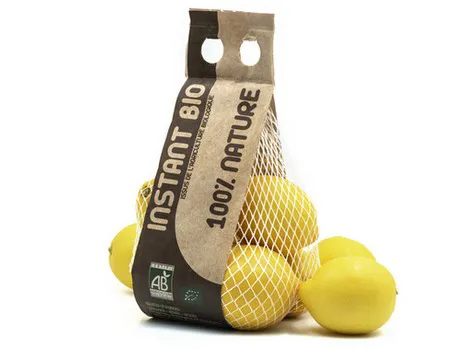
"To this we must add the increase in costs both in the field and in the warehouse, which has brought them to much higher levels than in the previous season. Meanwhile, the price of fruit has been somewhat higher, depending on the product and format, but not high enough to make up for those extra costs," he says.
Thus, the global economic situation is slowing down the consumption of organic citrus. "The prices of these products tend to be higher than those of conventional citrus. Given the reduced purchasing power in Europe due to inflation, consumption has slowed down and even declined. This is the first season in which our sales in France and Germany, our most important markets, have stagnated," said Manuel Peris.
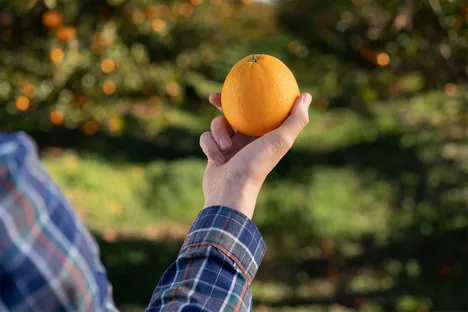
Agribio Terra Organic sells its citrus fruits in Europe, mainly in France and Germany, which together account for 50% of its organic market. Exports also go, to a lesser extent, to Nordic countries, the Benelux, Switzerland and Austria. "We try to diversify as much as possible to position ourselves better and not depend so much on market fluctuations," said Peris.
Exponential growth of organic citrus acreage in Spain
In the last decade, the acreage devoted to organic citrus has grown exponentially in Spain; mainly that of lemons, as 20% of all hectares devoted to this citrus are organic. For oranges and mandarins, the organic production accounts for between 4 and 6% of the total. Thus, of the 24,000 hectares devoted to organic citrus, including those that are certified and those in conversion, 43% correspond to lemons, 38% to oranges and 16% to mandarins and clementines.

"The acreage devoted to mandarins and oranges will tend to grow in the coming years, as there are many plots that are either registered or in the conversion process and which will gradually become productive."
Italy remains the main producer of organic citrus, with an acreage that has remained stable at around 27,000 hectares for years. Meanwhile, Greece cultivates around 2,000 hectares and produces around 30,000 tons. "These two European countries are stagnant in terms of area and production growth. Italy had its heyday from the late 90's until the early 2000's, while Spain only started showing a serious commitment to organic citrus from 2010, and recorded the sharpest growth in 2020," says Manuel Peris.
In a third country like Egypt, the organic production is carried out on 1,300 hectares and the acreage has remained more or less stable for years, although exports have increased significantly. Morocco, with about 4,000 hectares, has a greater production fluctuation due to climatic issues, according to the commercial manager of Agribio. "While it is true that they are able to compete with the European productions in terms of price, it should be noted that Spain and Italy together account for 85% of the organic citrus area in the entire Mediterranean basin. This is different from what happens with conventional citrus, with which they continue to gain ground."
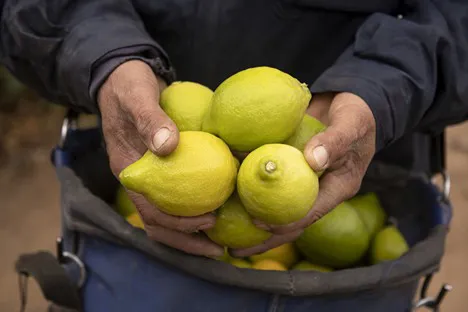
"Our main competitive advantage compared to other origins is that we have a longer production schedule in the northern hemisphere, offering a stable supply with greater proximity to the European consumer," says Manuel Peris. "Also, we go beyond the European organic certification standards, betting on regenerative agriculture certified by Bureau Veritas, such as that under the Growing for Life seal, which relies on the optimization of ecosystems, biological crop management, collective intelligence and techno-economic efficiency, as it must also be profitable for the grower. Another initiative to minimize our environmental impact is Climact, with which we manage to reduce and offset our carbon footprint, aiming towards 100% carbon neutral organic lemons," says Manuel Peris.
"The main challenge for the sector is to reach a 25% share of production and consumption of organic citrus in Europe"
According to Manuel Peris, despite the current political-economic situation, once market stability has been achieved, the long-term prospects point to growth in both production and consumption. In countries such as Denmark, Austria and Switzerland, the market share of organic products compared to conventional products is 15%, while in other countries, like Germany and France, it stands at 7%. Consumers always tend to opt for more sustainable products when there is welfare and a higher purchasing power. This has been proven after every economic crisis in the last 20 years," he says.
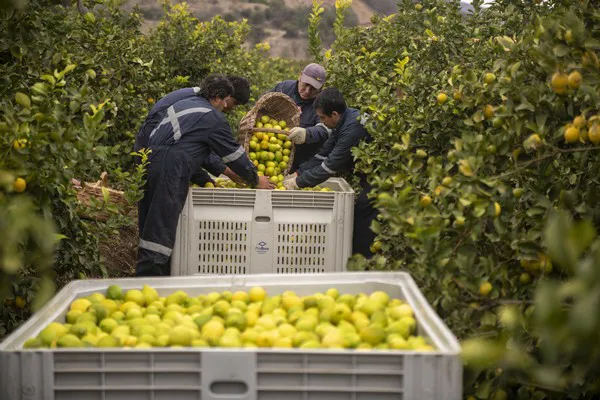
In the framework of the 2030 Agenda, the EU aims for the organic acreage and the consumption of organic products to account for 25% of the total. "To reach this level, Member State governments have to get involved and implement active policies to help boost the demand. The promotion of organic citrus in catering and hospitality, education and health centers will make the consumer look for such products more in supermarkets and greengrocers," he says.
"The challenge for the organic sector is to reach a 25% share of production and consumption. This is close to being achieved with lemons, but there is still a long way to go with oranges and mandarins, whose production is more difficult because of the greater complexity when it comes to managing pests and diseases. At Agribio we want to reach that production and consumption threshold while also continuing to diversify our markets, always offering products that contribute to a more sustainable planet for everyone," said Manuel Peris.
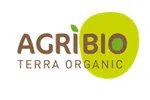 For more information:
For more information:
Manuel Peris
Agribio Terra Organic
Polígono Industrial La Coma
C/ 12, n.º 54 CP 46220 Picassent, Valencia. Spain
T: (+34) 961 232 646
manuel.peris@agribio-organic.com
www.agribioterraorganic.com
